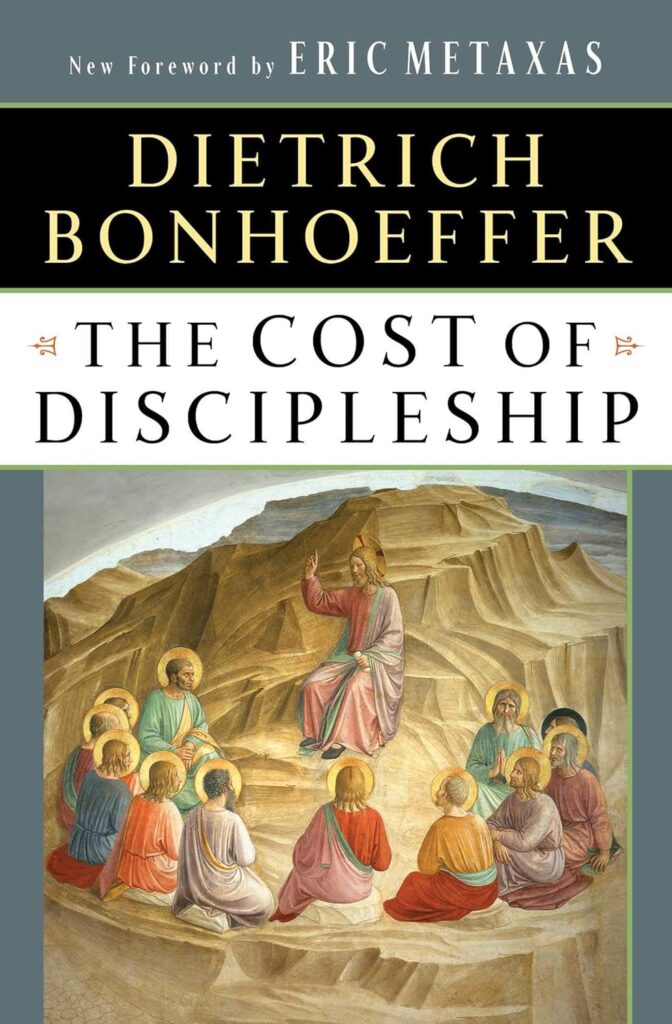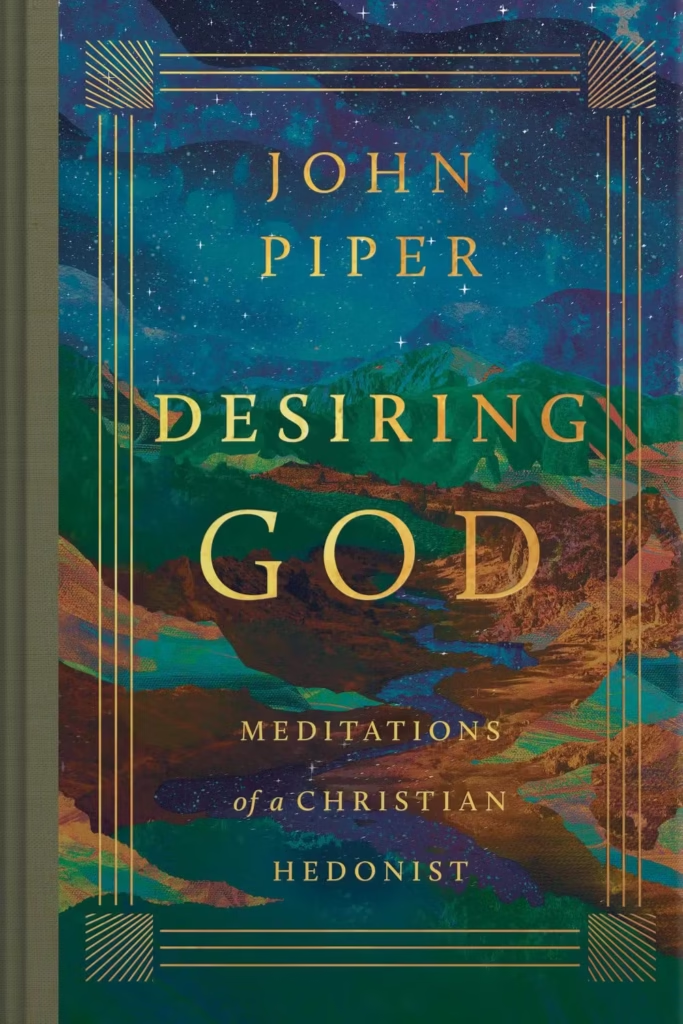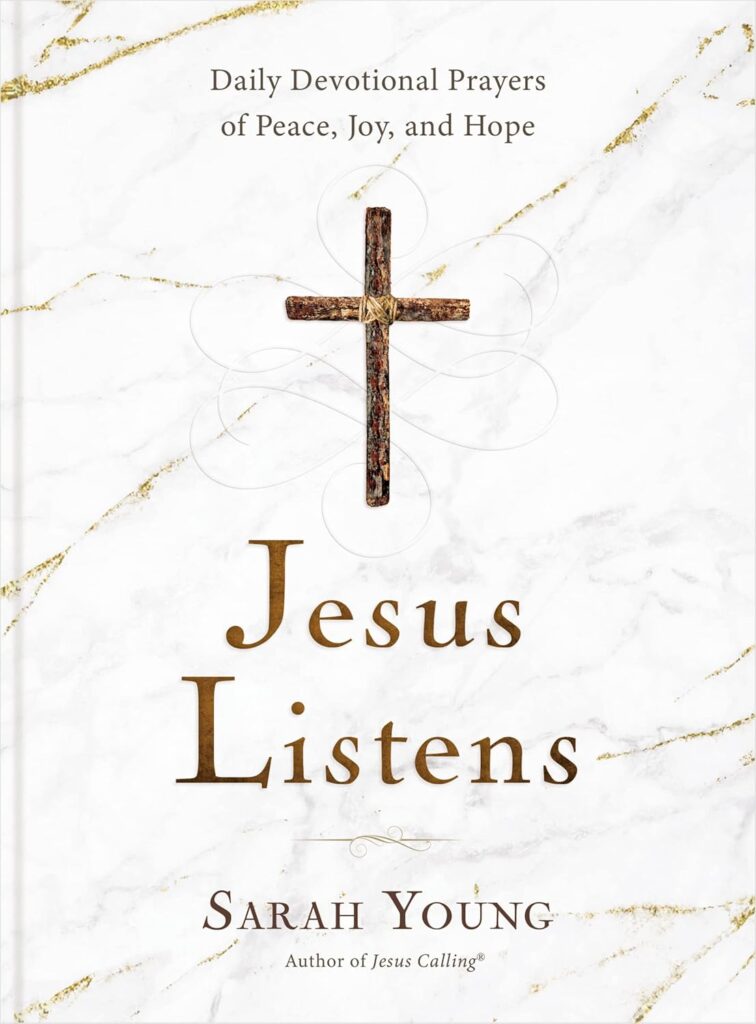In casual conversation, religious people often use the terms “belief,” “faith,” and “hope” almost interchangeably. However, religious texts tend to draw a clear distinction. So, when it comes to belief vs faith, what’s the difference? What’s the difference between faith and hope? Do you have faith in God or do you believe in God, and is one better?
Over the course of this article, we’ll try to examine these terms using religious documents as well as common experiences.
Belief vs Faith
For some of the terms that we’ll be discussing in this article, we’ll draw on some sources that you might not be familiar with, or try to explain them using anecdotes and analogies. However, “Faith” is literally defined for us in the Bible.
In Hebrews 11:1, the author – traditionally accepted to be St. Paul – tells us that “Faith is being sure of what we hope for and certain of what we do not see.”
But, what about belief? How is that different? This is time for an exercise. Think of when you say that you believe things in a secular sense.
If someone tells you about something that you didn’t witness, you might say that you believe that person. You didn’t see it for yourself but you trust the person telling you that it happened.
The Catholic Encyclopedia defined belief as “The state of mind by which it assents to propositions, not by reason of their intrinsic evidence but because of authority.”
So having faith in God means to be sure that God exists, even though we can’t see God directly. Believing in God means understanding that God exists because you have it on good authority that God exists.
What might that good authority be? This good authority can come from a number of sources.
The writers of the Bible are our best authorities because the prophets of the Old Testament spoke with God the Father. Some of the evangelists and epistle writers of the New Testament spoke with God the Son. The Church tells us that all of the writers of the old and new testaments were inspired by the Holy Spirit.
The Early Church Fathers, Catholic Tradition, and the clergy can also provide good authority.
What is the difference between Faith and Hope?
As we saw, we have a direct definition of “faith” in the Bible. However, we also have a bit of a problem. That definition used another one of the words that we hope to explore: Hope. Again, we can turn to The Catholic Encyclopedia.
The Catholic Encyclopedia defines “hope” as “the desire for something together with the expectation of obtaining it.”
So, if we return to Hebrews 11:1, what was the context in which the author was writing about faith and hope?
In the mid-first century when Hebrews are likely to have been written, “Christians” were not yet identified by most people as a religion independent from Judaism. Rather, it was a sect within Judaism – a term essentially interchangeable with the cultural group, “the Hebrews” to whom the author writes.
However, traditional Jews persecuted the early Christians. This explains why this letter is addressed “to the Hebrews” rather than “to the Jews.” It also establishes our context. When the author is writing about hope, he means the hope in Christ’s promises that his faith would – through their belief in Jesus – become closer with God the Father.
Believing in and Having Faith in God
A theme throughout this article is that faith and hope are closely intertwined. Having faith requires one to have hope. To have hope requires one to have faith. But, what about belief?
We’ve already discussed how belief can come from authority rather than evidence. But, can belief come from evidence?
Many people find that the natural world around them is evidence of God. Some people think that looking for evidence of God is wrong, that it proves that the individual lacks faith. However, those who think that they see God’s hand in the world are generally not less faithful but more faithful.
This is particularly true given the famous words of St. Thomas Aquinas who wrote “For those with faith, no evidence is necessary. For those without faith, no evidence is sufficient.”
The beauty and complexity of nature are all around us. While we shouldn’t need proof for the existence of God, existence itself is proof enough for many religious people.
The issue comes from believing in God without having faith or hope in God. This is the case for many people who call themselves “Agnostic” or people who were raised in faith but no longer practice. They may believe in God but they lack the love for God that drives others to be more active in their faith.
It’s difficult to say whether believing in God is “better than” having faith in God. However, we can say that faith is necessary for belief but belief does not always lead to faith.
Do You Have Faith?
Many people are drawn to live a more religious life because they see the hope and trust that religious people put in the Lord. However, if you have been away from the church or were not raised in the faith, how is it developed?
As much as you may want to, you can’t simply flip a switch and decide to believe in God. In this way, maybe everything starts with hope, and faith and belief follow from there.
In some way, “belief vs faith” isn’t just a semantic issue. It’s a balance that all of us need to find in our own lives in order to lead our best lives in God.

















10 Full Christian Movies You Can Watch for FREE (Right Now!)
3.2K views